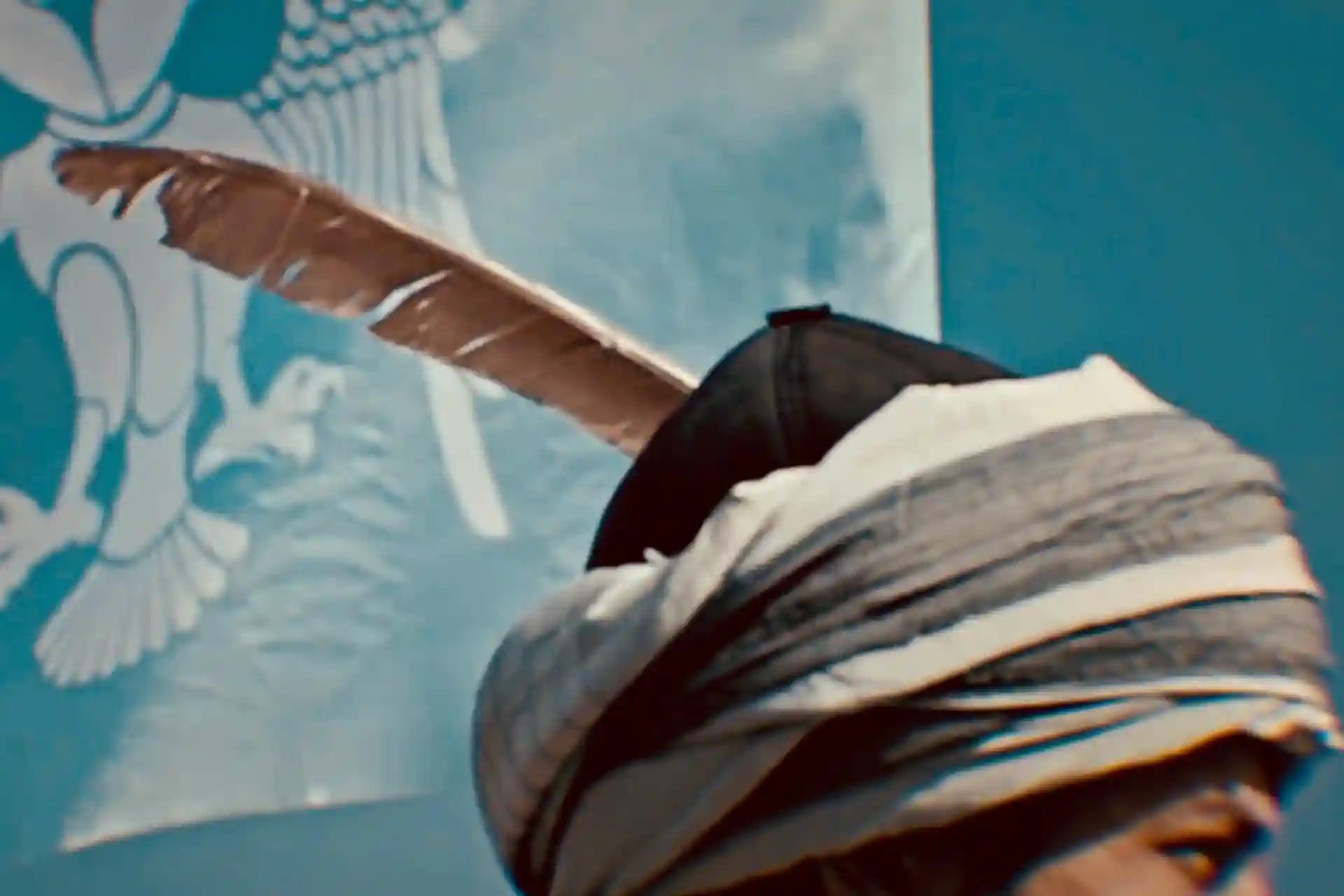The glory of Ramadan during the Seljuk period
The glory of Ramadan during the Seljuk period
Although the Great Seljuk period had a palace for state administration, the sultans often continued to lead a nomadic lifestyle. Therefore, a settlement plan was drawn up based on the season of Ramadan.
If Ramadan fell in the winter, the Seljuks usually stayed in cities such as Merv, Khorasan, Nishapur, Dandanakon, Havoran, and Herat. In the spring or summer months, they would migrate to the meadows and pastures.
Ramadan dishes during the Seljuk period
The Seljuks did not have the same diverse culinary traditions as the Ottomans. However, it was customary to prepare "Seljuk halva" for iftars. This halva was mainly made from flour, honey or grape juice, and butter.
At the same time, meat dishes, especially roasted lamb or beef, various dairy products, and bread were among the main dishes. Fruits and nuts, especially almonds, walnuts, and raisins, were also an integral part of the iftar and sahur tables.
Generosity and charity in Ramadan
Special attention is paid to ensuring that no one suffers from poverty during Ramadan.
- Sultan Alp Arslon distributed 15,000 dinars in charity during the month of Ramadan.
- His son Malikshah continued this tradition.
- Iftar tables are set for the poor in madrasas, mosques, and caravanserais.
- Generous rich people and statesmen distributed food to the poor and travelers for iftar.
Iftar of Sultans and Statesmen
The Seljuk sultans took special care to arrange iftar tables during the month of Ramadan. Sultans, members of the dynasty, and statesmen organized iftars, which were open to everyone.
Historical sources also record that the sultans paid special attention to the improvement of mosques and madrasas during Ramadan. Large mosques and madrasas in cities such as Baghdad, Nishapur, Isfahan, and Merv held charity events during the month of Ramadan.
Ottoman and Seljuk heritage
The Ottomans inherited these Ramadan traditions from the Seljuks, further developing and enriching them. In particular, the customs of the iftar table and giving to the poor were inherited from the Seljuks to the Ottomans.
The Seljuk tradition of open tables during Ramadan later laid the foundation for the Ottoman sultans' iftar circles, charity kitchens (imarets), and special Ramadan events. Thus, Ramadan customs in Turko-Islamic culture have continued for centuries.

